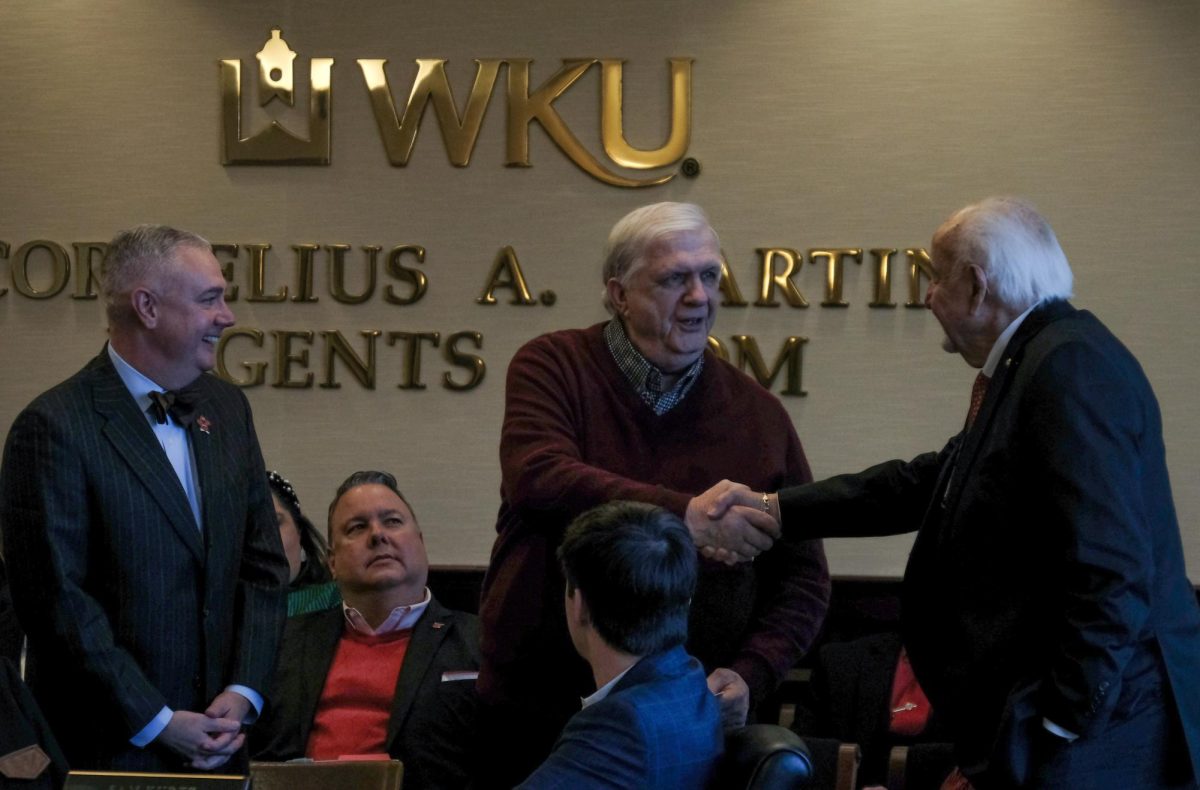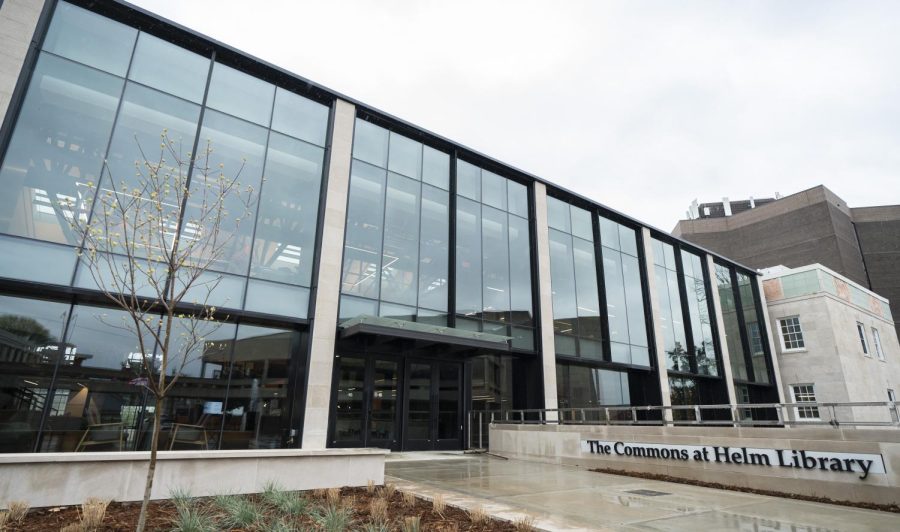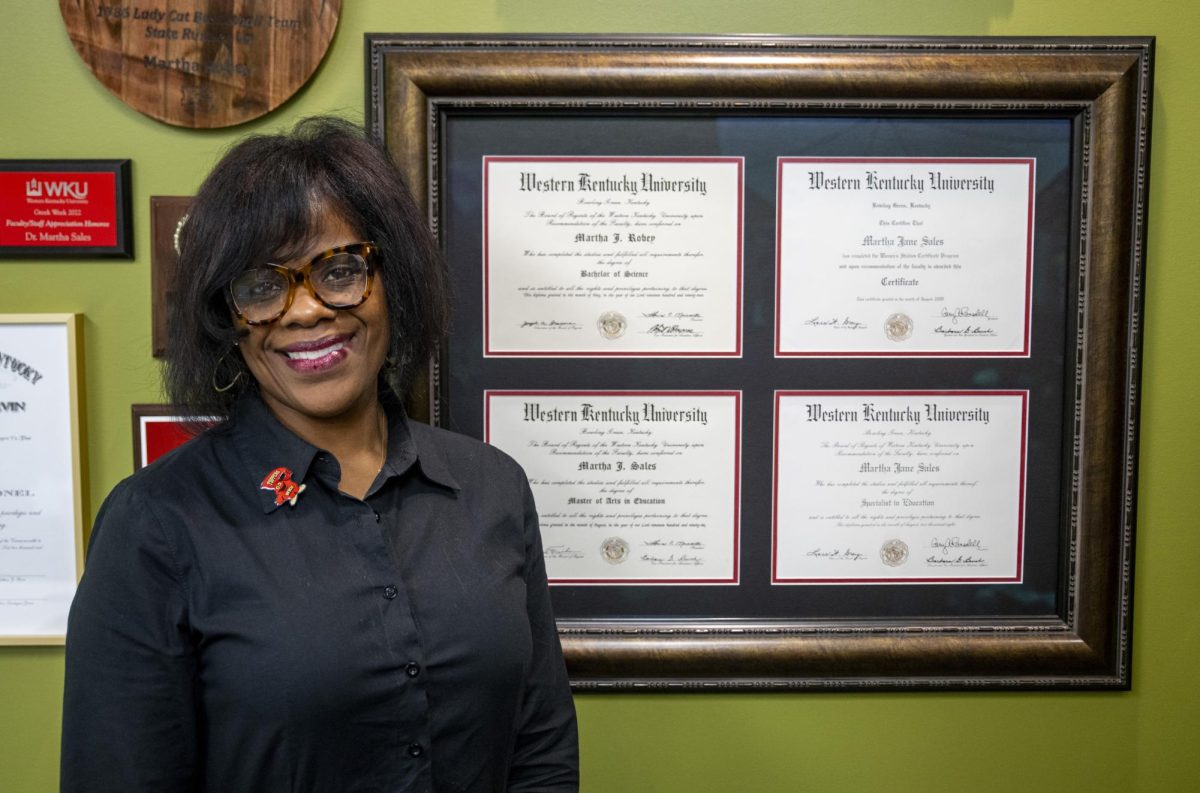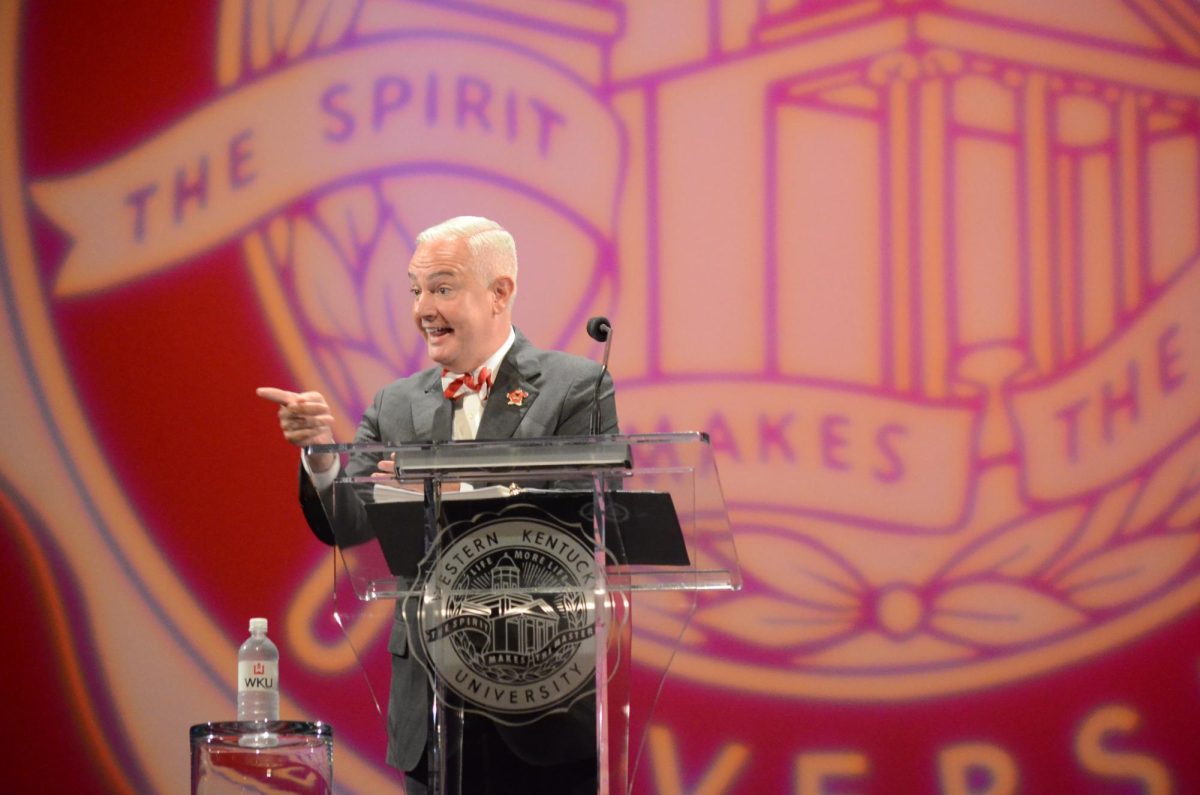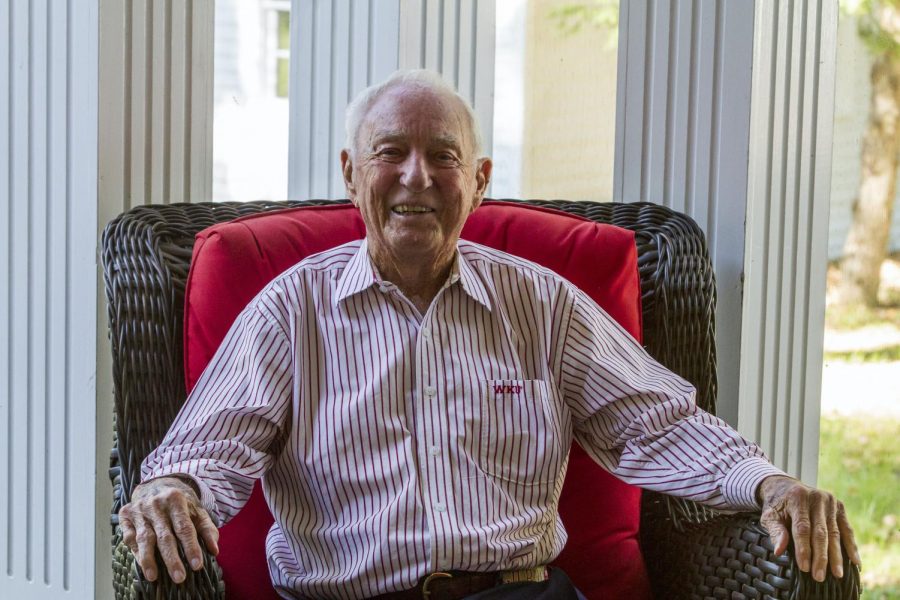WKU alumni Susan Wessling, a former journalism major, has recently become the standards editor for The New York Times.
In an update posted to The New York Times’ website on Oct. 19, it was announced that Wessling would be taking over the standards editor position as former Standards Editor Phil Corbett stepped down, as he “… told us he’d like to step back a bit and let someone else take the leading role in this crucial effort.”
Wessling, 55, graduated from Western in 1992. She gained experience working for the College Heights Herald during her time on the Hill, and has since been a copy editor for The International Herald Tribune in Paris, France, a copy editor for the Chicago Tribune, a copy editor for the national desk at The New York Times and much more.
“I started here (The NY Times) in 1997. I left for a couple years in the middle and then came back,” Wessling said.
Wessling works at The NY Times alongside her husband Alan Mattingly who is a staff editor. The pair live in New Jersey and met at The Courier Journal in Louisville, despite both being students at WKU. However, they didn’t begin to date until Mattingly was working at The Sun Times and Wessling was working a temporary one year gig at The Chicago Tribune.
“She was on a one year thing and by the time that was up, she and I were together and we started looking for a place to go to work together,” Mattingly said. “And that’s when we wound up at The Times.”
When prompted about Wessling’s work and work ethics, Mattingly was quick to compliment his spouse.
“Well, I’m biased. I’ve always been her biggest fan, but she has a lot of fans at work. Susan, she’s really sort of perfect for this position that she’s in at The Times now,” Mattingly said.
This same sentiment was echoed by many of Wessling’s coworkers, including Patrick LaForge, editor of The New York Times’ express team, which covers breaking news.

“I can’t think of a better person to take over this key role in the newsroom,” LaForge said.
He spoke of Wessling’s across the board experience at The NY Times, including when they worked on the metro desk together.
“We’ve both been at The Times 26 years and have overlapped in many places,” LaForge said.
This time served between numerous different roles in the newsroom is what makes Wessling a resource in her new position, he said.
One important quality that Wessling possesses is fearlessness, Jill Taylor, an assistant standards editor at The NY Times, said. Taylor has known Wessling since 2000 when they met in Paris, France working for The International Herald Tribune, a former “global news” extension of The NY Times, which has been molded into an online piece of the paper.
Taylor explained how crucial Wessling is to both her and the newsroom.
“Susan I would say is one of the foremost diplomats in the newsroom,” Taylor said. “She’s really been a mentor to me.”
When Wessling first started at The Times, she started as a copy editor on the national desk, and has been through many positions since then. Wessling said she and Mattingly moved back to Kentucky due to a combination of family and professional concerns for a short time. During this time, Wessling did lots of freelance writing and was an adjunct professor at the University of Kentucky.
Wessling said her time at WKU has been useful to her in her professional life.
“I really think I got a great journalism education at Western,” Wessling said. “It was taught by people who had been in the business themselves and cared deeply about the types of things that helped me on my path to becoming a standards editor.”
Wessling has been the deputy of the standards department since 2020 and explained what specifically the standards team does.
“We’re the team that provides a little bit of gut check sometimes and a little bit of distance from the reporting where you might see things a little bit differently,” Wessling said. “We just have a lot of experience and know the topics and the situations where we want to be especially careful.”
Wessling understands that covering certain subjects can create a biased feeling or response, but explained the importance of separating that emotional response from a professional journalism career.
“Understand that you as a person have a particular point of view, or you know, just a reaction to what you are seeing and also be able to act as a professional and set all those feelings and viewpoints aside,” Wessling said.
She said growing as a journalist means knowing how to do hard-hitting reporting, how to interview someone and having a strong grounding in the fundamentals of journalism.
“Having something that makes you a little bit special, along with having a foundational understanding of great journalism, helps a lot,” Wessling said.
News Reporter Bailey Reed can be reached at [email protected]



